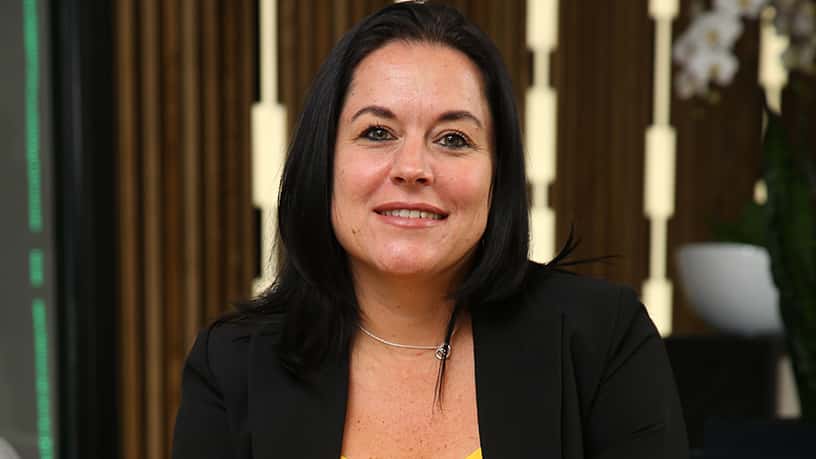As science fiction merges into reality with artificial intelligence (AI) increasingly becoming a part of our everyday world, there has been much debate whether bots will replace all things human. Nearly half of South African companies say they have been piloting AI within their organisations, realising the technology’s benefits, such as removing the mundane and tedious tasks of data gathering and sorting, and even simple network troubleshooting.
Despite its value, AI cannot fill the important role of personal and bespoke support services. For organisations to make the most of AI, they need to rethink a bot-only strategy for support.
Mission Critical Networks Need Mission Critical Support
Before organisations address network operations, they need to have documentation, such as verified reference designs and comprehensive user guides, that supports the initial planning, designing and deployment. This can assist with smoother network operations; this documentation is the result of a proven network solution.
Many start-ups don’t have this foundation, largely due to cost, as well as unquestioning loyalty to the marketing claims for new technology like AI. So, if the network has an issue, only an AI bot will be available to solve it. On the other hand, a mission-critical networking vendor that has maturity in the market would have already anticipated and can troubleshoot, frequently experienced problems. This foundation is essential for even the best AI systems to work effectively.
Personalised, expedited service remains at the core of providing the right type of support to critical issues. This is why a hybrid approach offers the optimal solution for mission-critical networks, combining best practices, leading technology and trained staff with expertise. Issues can be resolved quickly beyond self-automated healing functions, as readily available and dedicated support experts have knowledge of the network’s configuration and history and can adapt a solution according to the incident data or any anomalies. A wholesale outsourcing of bots with little documentation cannot deliver this support service.
Dealing with Persistent Network Issues
Remote work, IoT, and cloud migration are just some of the recent developments putting pressure on networks like never before. These have given rise to new, unforeseen issues that cannot be managed by limited AI-based tools. For network teams to diagnose and resolve these challenges without the cost of time and resources, an accessible engineer with an understanding of the system and configuration on-site can be a lifeline.
Why can’t network administrators just outsource support to an AI system? There’s no denying that AI is a terrific tool for trouble-shooting, but it will not pick up on every problem – even the most aggressive AI bot advocates claim to manage only two out of three issues. Then there’s the upheaval of network change in mission-critical circumstances, leading to the ‘2am problem’, when the network can’t achieve a critical business function and the built-in support is not sufficient. How does an administrator tell the CEO that the designated AI system that is supposed to handle the situation is unable to? Who does IT turn to for support?
The answer lies in combining integrated AI with readily accessible support engineers. Yes, AI will become more advanced, which will free both the network admin and support services to work on extending and optimising network services. But to avoid a HAL-like experience when it matters most, AI and human support must be closely tied together whenever they are needed.
An Integrated Approach to Support Services
Concerned about putting the network in the hands of unproven AI bots? Learn more about Aruba’s hybrid approach, including how it combines the best technology with personal service and engineering expertise to provide effective, around-the-clock service. Visit Aruba Operational Support for more information.
- Mandy Duncan, Aruba Country Manager for South Africa
